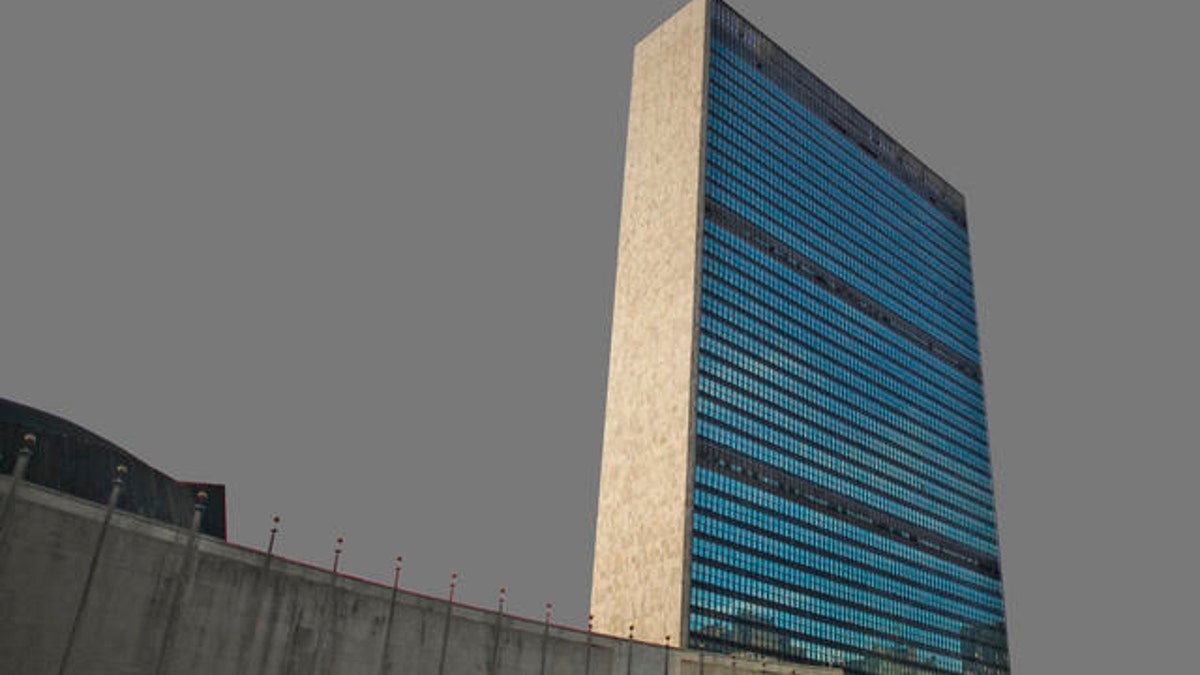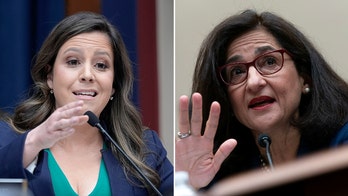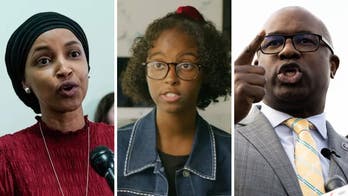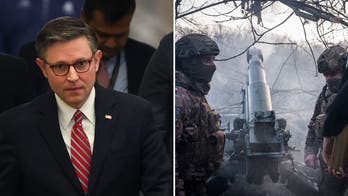
The UN has appointed Iran to a key role in negotiating a global arms control deal. (AP)
The NAACP is calling on the United Nations to intervene as it claims state governments are colluding to "block the vote" for minority communities ahead of the 2012 election -- a charge those governments vehemently deny.
The nation's biggest civil rights organization this week released a report that claimed a raft of new voting laws at the state level would disenfranchise minority voters. The report said 14 states passed 25 measures "designed to restrict or limit the ballot access of voters of color."
The report catalogued several categories of laws that have been passed largely by Republican-dominated legislatures and which Democrats have decried in recent months as tools of voter suppression. The new laws include requirements to present photo ID at the polls, voting restrictions on felons and limitations on registration and early voting periods.
Supporters of the laws describe them as common-sense measures meant to ensure the integrity of elections. In Tennessee, which is implementing a new photo ID law, elections coordinator Mark Goins dismissed the criticism and questioned why the NAACP would flag the United Nations over its concerns, calling that effort "a bit extreme."
"I don't know what the benefit of going to the U.N. would be," he said. "I can't imagine any authority whatsoever that they would have here in Tennessee."
But the NAACP described the new measures as part of a "concerted" effort to drive down minority turnout and is planning a multi-stage campaign to attract international attention.
To start, the group is planning a "Stand 4 Freedom" rally this Saturday across from the U.N. headquarters. Supporters are being asked to sign an online pledge which, among other demands, calls on the United Nations to "investigate and condemn voter suppression tactics in the United States."
Copies of the latest report are being sent to the United Nations, as well as attorneys general across the country and the Department of Justice. According to one newspaper report, the NAACP will follow up in March when it sends a delegation to Geneva, Switzerland, to present its case before the U.N. Human Rights Council -- a group known more for its sustained criticism of Israel than its attention to voting rights.
"We are experiencing an assault on voting rights that is historic, both in terms of its scope and intensity," the NAACP report said. It described the laws as a "direct response" to rising levels of minority voter participation in 2008 and the growth of those communities reflected in the 2010 Census.
The report cited several examples of voting restrictions that were passed or strengthened this year.
In 2011, seven state legislatures passed laws requiring voters to show photo ID before casting their ballots. Another state, Mississippi, approved such a law last month via ballot initiative.
Republican governors in Florida and Iowa also reversed measures meant to end restrictions on the voting rights of felons. About a half-dozen states tightened restrictions on registration periods and on early voting periods. Alabama and Kansas also passed measures to require proof of citizenship to register; Tennessee passed a similar but more narrowly tailored measure.
The NAACP and other critics of the laws claim new eligibility requirements to vote and register disproportionately impact black and Latino voters. The NAACP study said that while 11 percent of U.S. citizens don't have government-issued photo ID, 25 percent of voting-age black citizens fall in the same boat.
But officials in the affected states say they're taking extra steps to ensure voters who are eligible can meet the new requirements without much hassle.
In Tennessee, which has a photo ID law going into effect in January 2012, officials started offering free photo IDs at local DMV offices -- for voting purposes only.
Goins rejected the claim that the change would disenfranchise voters. He noted that his office established the position of "minority coordinator" to reach out to minority communities about the change.
"If you're an eligible voter, you're going to be fine. If you're an ineligible voter ... then you're going to have issues," he told FoxNews.com.
South Carolina voting officials are also offering two kinds of photo ID cards that would be free of charge -- one from the DMV and another special voter registration card.
Not all these laws are taking effect imminently. South Carolina, Alabama and Texas still need to have their laws approved by the Justice Department. In Rhode Island, that state's photo ID requirement doesn't go into effect until the beginning of 2014.
Still, detractors say the proposals taken together could have a devastating effect next year. A report on new voter laws by the Brennan Center for Justice estimated that the laws "could make it significantly harder" for more than 5 million eligible voters to vote in 2012.
"These new restrictions fall most heavily on young, minority and low-income voters, as well as on voters with disabilities," the Brennan Center report said.




